UCSF Celebrates 35 Years of HIV/AIDS Care at Ward 86
Thirty-five years after its launch, Ward 86 continues to be a global leader in HIV care and has significantly influenced milestones in treatment and prevention.

University of California San Francisco
Give to UCSFThirty-five years after its launch, Ward 86 continues to be a global leader in HIV care and has significantly influenced milestones in treatment and prevention.

The Quantitative Biosciences Institute attracts investigators on the basis of the tools and techniques they employ, rather than the diseases they study.

The 23rd International AIDS conference, AIDS2020, is returning to the Bay Area for the first time in 30 years, with leadership from UCSF and the International AIDS Society.
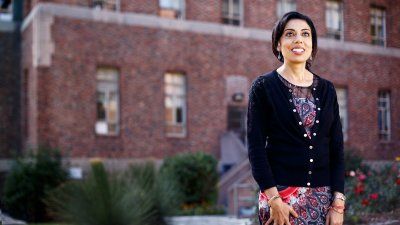
Patients were hypothetically willing to increase wait time and travel distance—and accept significant reduction in medication—in order to access a healthcare provider with a nice attitude, according to a new survey.

Model to treat HIV in rural East Africa led to 20% fewer HIV deaths, reduced the incidence of HIV and TB, and improved control of hypertension and diabetes.

About 250 UCSF staff, faculty, students and supporters came out on a cold and foggy morning in Golden Gate Park to raise funds in the annual AIDS Walk San Francisco event.
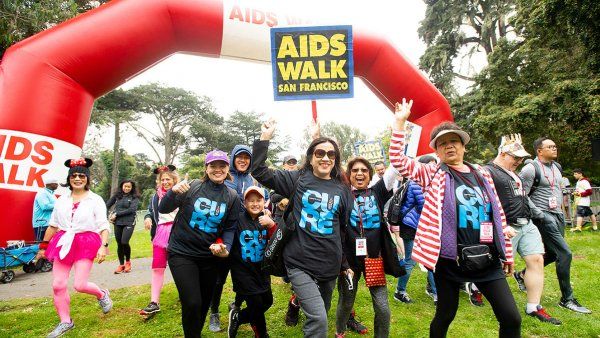
A rainbow-hued contingent from UCSF turned out for the 48th annual San Francisco LGBT Pride Parade.
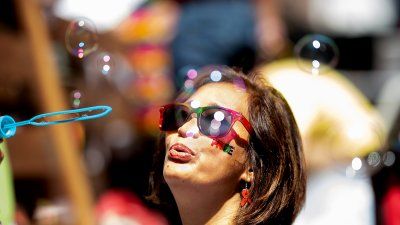
A staggering 64,000 people in the United States died in 2016 from drug overdoses – and a study led by UCSF’s Daniel Ciccarone is aiming to get at the heart of of the problem, including by interviewing opioid users.

The journey from discovering and developing effective, precise medications to using them correctly and safely in patients is hardly fast and easy. Nor is it a straight shot. Scientists in the UCSF School of Pharmacy are challenging the status quo every step of the way.
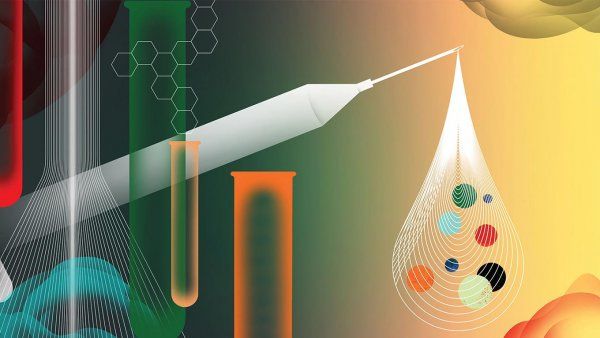
The UCSF community is participating in this year’s AIDS Walk San Francisco, which raises funds to benefit dozens of AIDS organizations in the Bay Area.
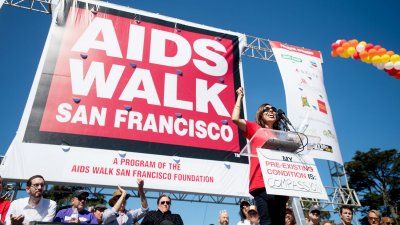
Mayor Mark Farrell announced $4.2 million in additional funds for HIV/AIDS programs in San Francisco.

Caroline Watson, who serves as the social justice and communications coordinator for UC San Francisco’s HIVE clinic and program, was one of two award winners of this year’s Heroes & Hearts Award, given out annually by the San Francisco General Hospital Foundation.
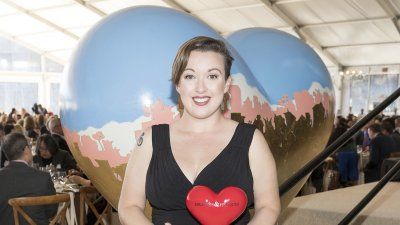
UCSF scientists have uncovered new mechanisms by which HIV hides in infected cells, resting in a latent state that evades the body’s immune system and preventing antiviral drugs from flushing it out.
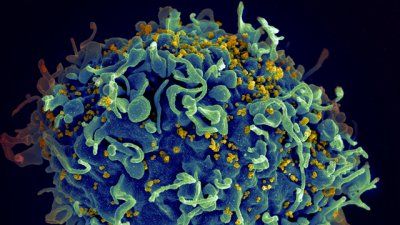
Much of San Francisco’s progress in fighting new HIV infections can likely be contributed to Getting to Zero – a citywide collaboration to end HIV transmission that was co-founded by UCSF.
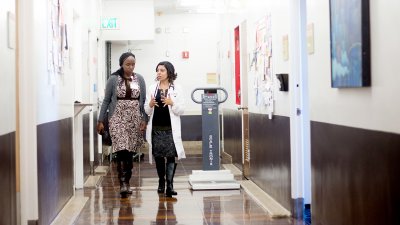
As a national debate about health care continues, hundreds of staff, faculty, students and supporters of UCSF participated in AIDS Walk San Francisco to raise funds for research and care as well as to raise awareness of proposed legislation in Washington, D.C.
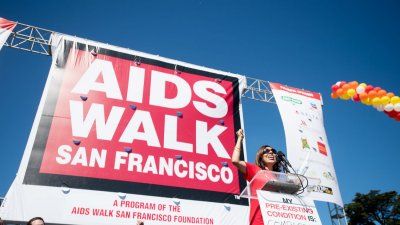
In his first visit back to UCSF since becoming a member of the San Francisco Board of Supervisors, Jeff Sheehy rallied the University community to join in fundraising for AIDS Walk San Francisco – especially as HIV funding is under attack at the federal level.
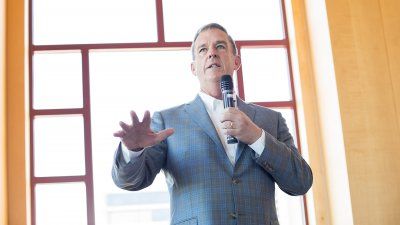
Community-based interventions for HIV testing and treatment in rural East Africa nearly doubled rates of HIV viral suppression over two years, according to a study by UC San Francisco researchers.
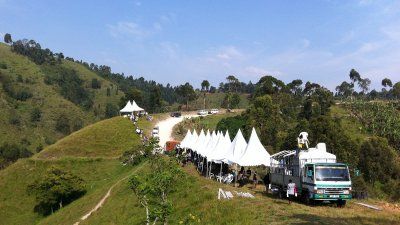
Through years of research and advocacy, Peter Stock, a transplant surgeon at UCSF, helped clear the way for California’s first organ transplants from an HIV-positive donor to HIV-positive recipients.
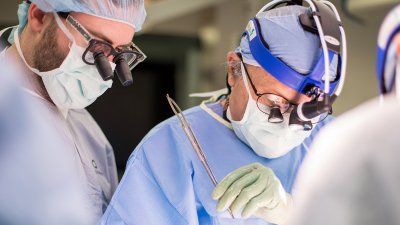
With more than 10 teams already formed, UCSF is looking to beat last year’s fundraising total by raising $200,000 in AIDS Walk San Francisco.
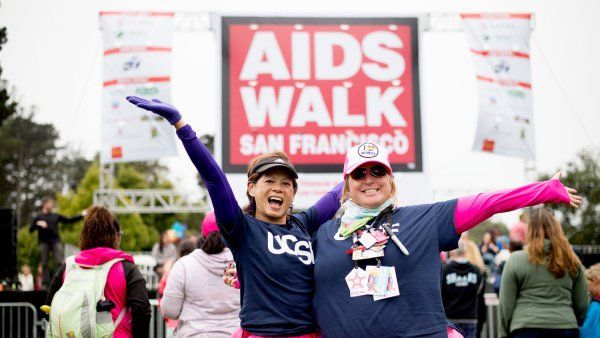
Since her days as a physician trainee, Diane Havlir, now Chief of the HIV, Infectious Diseases and Global Medicine Division at UCSF, has continued the crusade to end AIDS. She spoke about global HIV elimination at Fortune’s Brainstorm Health Conference in San Diego on May 2.
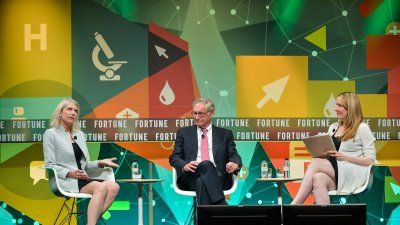
Ward 86 at Zuckerberg San Francisco General Hospital and Trauma Center has launched Golden Compass, a new program to meet the health needs of the increasing population of HIV patients who are growing older.

HIV-positive people and people with type 2 diabetes, who received healthy food and snacks for six months were more likely to adhere to their medication regimens, were less depressed and less likely to make trade-offs between food and healthcare.

There are an estimated 150,000 HIV-infected children in Uganda, and studies indicate less than a third of children under the age of 15 know they are infected.

People with bipolar disorder, schizophrenia and major depression with psychosis may be up to 15 more likely than the general population to be HIV positive, but are only marginally more likely to be tested for the virus.

Jeff Sheehy, the longtime director of communications at UC San Francisco’s Aids Research Institute, has been appointed by San Francisco Mayor Edwin M. Lee to serve on the San Francisco Board of Supervisors.
